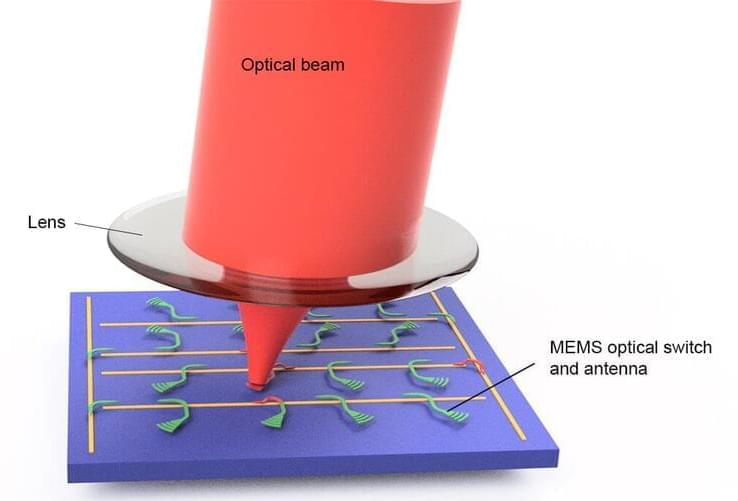
Ford and Purdue University researchers have developed a new, patent-pending charging system that solves one of the biggest problems with electric vehicles. Of course, we’re talking about the charging time it takes to top off a battery versus spending a few minutes at a gasoline pump.
Aside from range, charging time is one of the biggest problems for current electric vehicles. There’s plenty to love about EVs, but having to sit for 20–30 minutes and wait for the battery to recharge isn’t ideal, which is why Ford’s new cooling cables promise to recharge an electric vehicle in roughly 5-minutes.
Even with DC fast charging appearing at more Tesla stations, most vehicles with ideal battery, charger, and cable conditions still take upwards of at least 20 minutes. The video below explains how most Tesla systems can handle upwards of 520 amps of current, which is quite a lot. However, Ford and Purdue can deliver over 2,400 amps to their vehicles, resulting in drastically faster charging times.









